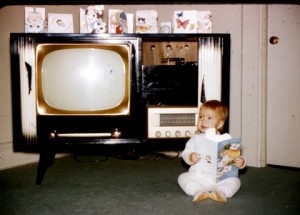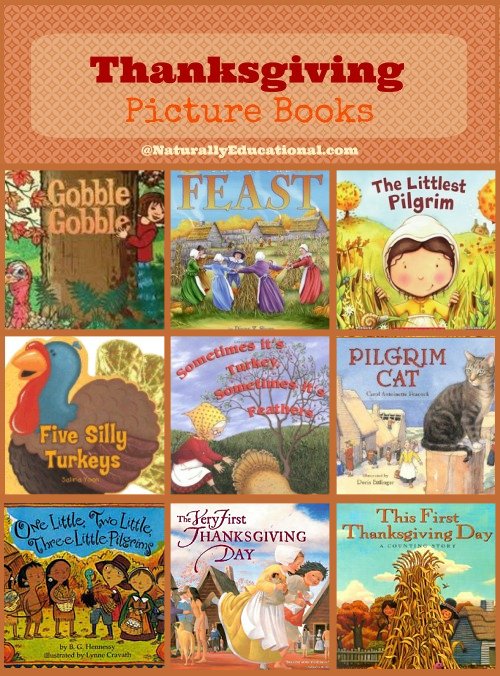I originally posted this on my personal blog, Mama Saga, but now that I am keeping an education blog, I feel it belongs here, too. I feel very strongly about avoiding too much screen time, not pushing academic skills on infants and toddlers, and not wasting money on expensive systems.
Your Baby Can’t Read
Okay, perhaps YOUR baby can. It is possible. Stranger things have happened. But most likely your baby cannot read. Anyone telling you that your baby can is selling snake oil. Expensive snake oil.
What your baby can begin to do is recognize that certain signs or symbols represent certain objects. And that is pretty neat. But you do not need to spend hours training your baby to do this or buy expensive systems to accomplish this.
Once your child is a little older, he will begin to recognize that those black squiggly lines are letters. And letters make up words and words stand for certain things or ideas. But memorization of sight words, while important, is not “reading.”
My ten month old knows that squeezing his hand represents milk. This does not make him bilingual or fluent in sign language.
When my daughter was not yet two, my husband taught her to respond that two plus two equals “four.” But that doesn’t mean she was performing mathematical operations or understood addition as a concept.
Memorization plays an important role in learning, but it must have its proper place within a framework of other skills and concepts. First you learn what quantities and numbers are, then the idea of multiplication, and then you memorize the times tables.
Now, no harm is done by showing your baby the word “Mom” and teaching him to point to mom. It is cute, certainly.
And if you want to buy books or CDs or flashcards with suggestions for games, that’s great. As parents today we can be very isolated and sometimes we need these ideas for playing with our babies. Check out your local library and you will find tons of books with ideas for playing with infants, toddlers, and preschoolers.
However, I take issue with expensive systems that claim that rote memorization of images is learning to read.
Even worse if the website for the expensive system asks that you show a three month old videos for an hour a day, every day. And counsels you in tips to focus the baby’s attention on these videos if he does not wish to watch them.
Now, I do not think television is evil. However, studies I have read about how television affects the brain wiring under age two gives me pause about any “educational” program that insists on television viewing for young infants. School-aged children, especially at-risk school aged children, do learn from television. And I doubt that occasional viewing will harm a healthy baby. However, I do not believe television is the best or even a good way to set your infant on a path to a lifelong love of reading.
Please, take that time to play with and read to your baby instead. If you do not speak the dominant language in your current residence, that’s fine–read in whatever language you can. And if you are not literate in any language, there are great free programs both for babies and for adults at many local libraries.
If library or other comunity programs are not an option, you can borrow or purchase books on tape and show baby the book while reading the tape. You can also buy a LeapFrog TAG system at a fraction of the cost of these expensive systems. If you really want video, there are free ones available on the web and most of them are just 5-10 minutes long.
Pre-literacy skills are important building blocks. Letter and sound recognition are steps on the road to reading. And a child who has some of these skills before entering school will be more confident and more likely to self-identify as a successful “reader” and “learner.” To extrapolate from that and conclude that a 10 month old “reading” (but not really reading) will have long-term benefits is simply not supported by current evidence.
Photo Credit: I’d Rather Be Reading by Barbara L. Hanson




Love reading this. I homeschool my three children. My 9yo is an avid reader and began reading at six. However, my middle child has just turned 7, still a first grader, and does not read. He sporadically shows interest in reading but bores easily. I’ve told him I can’t teach him to read, no one can. I can help him understand the sounds letters make and how words are put together but those are just keys; he has to use them to unlock the power to read. Like riding a bike no one can do it for him. Recently he said he was ready to learn. I was excited and began discussing the myriad of things we can do to bolster his letter recognition. He cut me off, “no, mom. I don’t want to do any of that. I’ve seen this thing on TV where you can watch these videos and teach a baby to read. I want to do that.” I just had to hug him and laugh.
My girlfriend was so proud of her daughter, she “read” a card. “It says Lucy. L U C Y -Lucy.”.
Then she pushed her luck and asked her about the word “cat”. “That’s easy!” the three year old exclaimed, “L U C Y – Lucy!”.
I run into this problem with my math books, people want to start children with the program very early. Just because it is a gentle introduction, it is still a gentle introduction meant for 5-8 year olds, not two and up.
Thanks for your post.
Great post! I had wanted to post on this topic but could never get my thoughts clear enough. I agree with what you say. I didn’t know that the program encouraged you to direct the baby’s attention to the TV screen. It’s interesting that SO MANY early childhood studies have found that attentional following (the mom following the child’s interest) is helps a child learn at much more rapid rates than directing the baby’s attention to what you want them to attend to.
Also, I used to tell people, when asked about this program, “I don’t think it would hurt but it’s expensive and probably won’t make your child actually ‘read’.” Unfortunately, after watching the commercials and reading up on it, I kind of worry that it might HURT. When I taught struggling readers, one of the most common confusions was understanding direction of print. I feel like the children may be memorizing these words and we have no idea where they are looking. Maybe they are memorizing the order of the letters backwards. The brain doesn’t automatically look left to right. What do you think? Do you think this program could actually hurt in the long run?
Thank you for this post! I write at Squidoo, and My Baby Can Read adveritisements pop up all the time on my pages. It makes me want to scream! There are so many ways to help a child learn to read. You’ve shared some great ones here! Nice job. I hope a ton of parents read this. Here’s a link to something I wrote at Squidoo. http://www.squidoo.com/reading-starts-at-home
You’ve summed it up beautifully. We need to play with, read to, sing with, chant to, giggle together with our kids.
TY 4 sharing my post! RT @cubs2win: Wonderful post about those baby reading programs! Your Baby Can’t Read – http://www.naturallyeducational.com/2010…
@candaceapril You’re welcome!
I agree. I’m reading The Read-Aloud Handbook right now. I wish people considering teaching their babies to read would just read this book instead.
Thanks so much for this post!! As a children’s librarian, I am often irritated with the dvd programs that claim they will teach your baby anything from reading classic literature to quantum physics. The single best thing you can do for your child to encourage him to read is to read to him. Simple. Take him to storytime at the library – it’s free, and it allows your child to socialize as well as learn. And don’t worry if he seems like he isn’t paying attention; he’s absorbing it, even if he appears more interested in his socks.